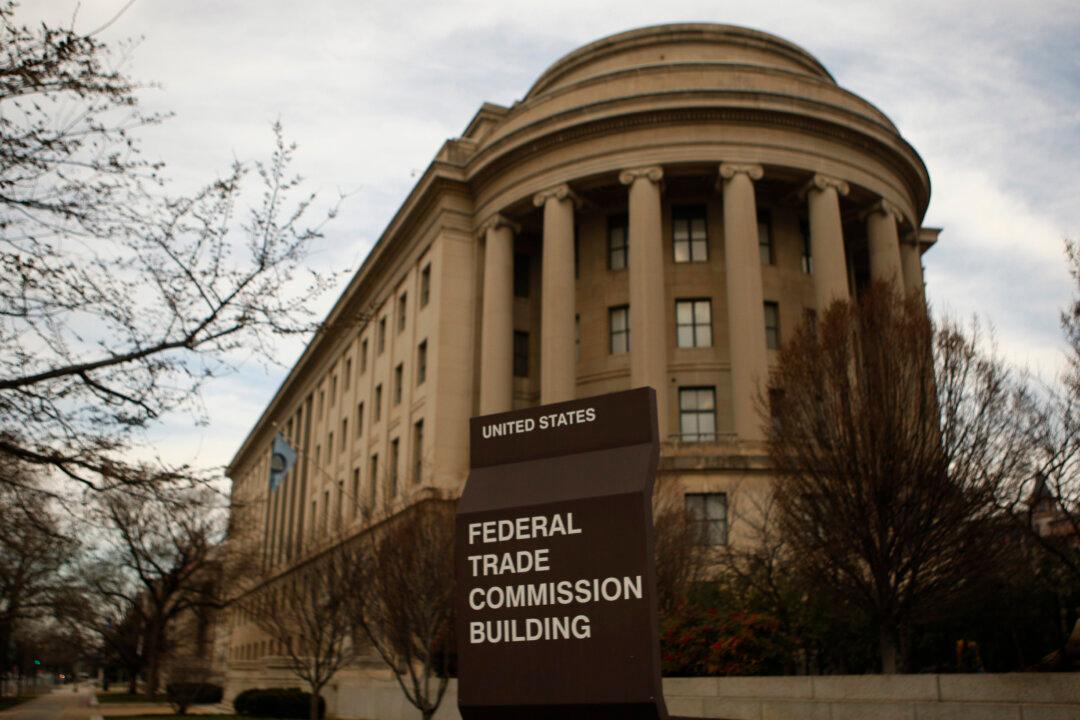Commentary
The Federal Trade Commission (FTC) announced on Feb. 11 that it would look more closely at America’s five Big Tech companies—Amazon, Apple, Facebook, Microsoft, and Alphabet (including Google).

The Federal Trade Commission (FTC) announced on Feb. 11 that it would look more closely at America’s five Big Tech companies—Amazon, Apple, Facebook, Microsoft, and Alphabet (including Google).